The following is a list of participating judges in the U.S. Department of Energy Collegiate Wind Competition 2018.
Business Plan Judges
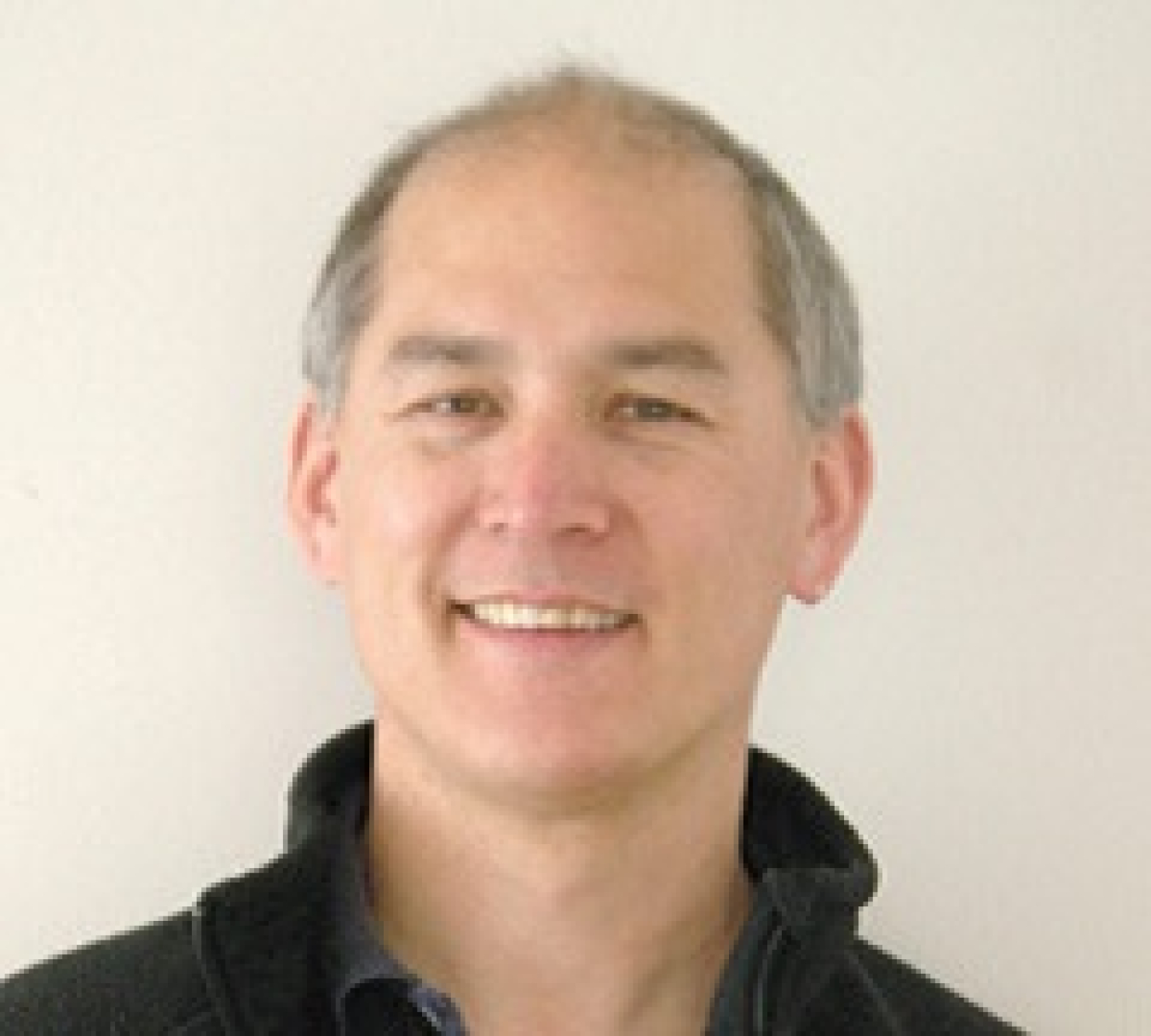
Charles Newcomb
Charles Newcomb’s experience has been developed over more than two decades in the wind energy sector, with 12 of those years spent at the National Renewable Energy Laboratory (NREL), where he conducted performance and application tests of wind turbines, supported governmental agencies, and managed DOE’s Wind and Water Power Deployment group. Newcomb now serves as product manager for the Universal mCloud Corporation providing technical direction and guidance for the AssetCare system and serves on the national Wind for Schools Board of Directors.
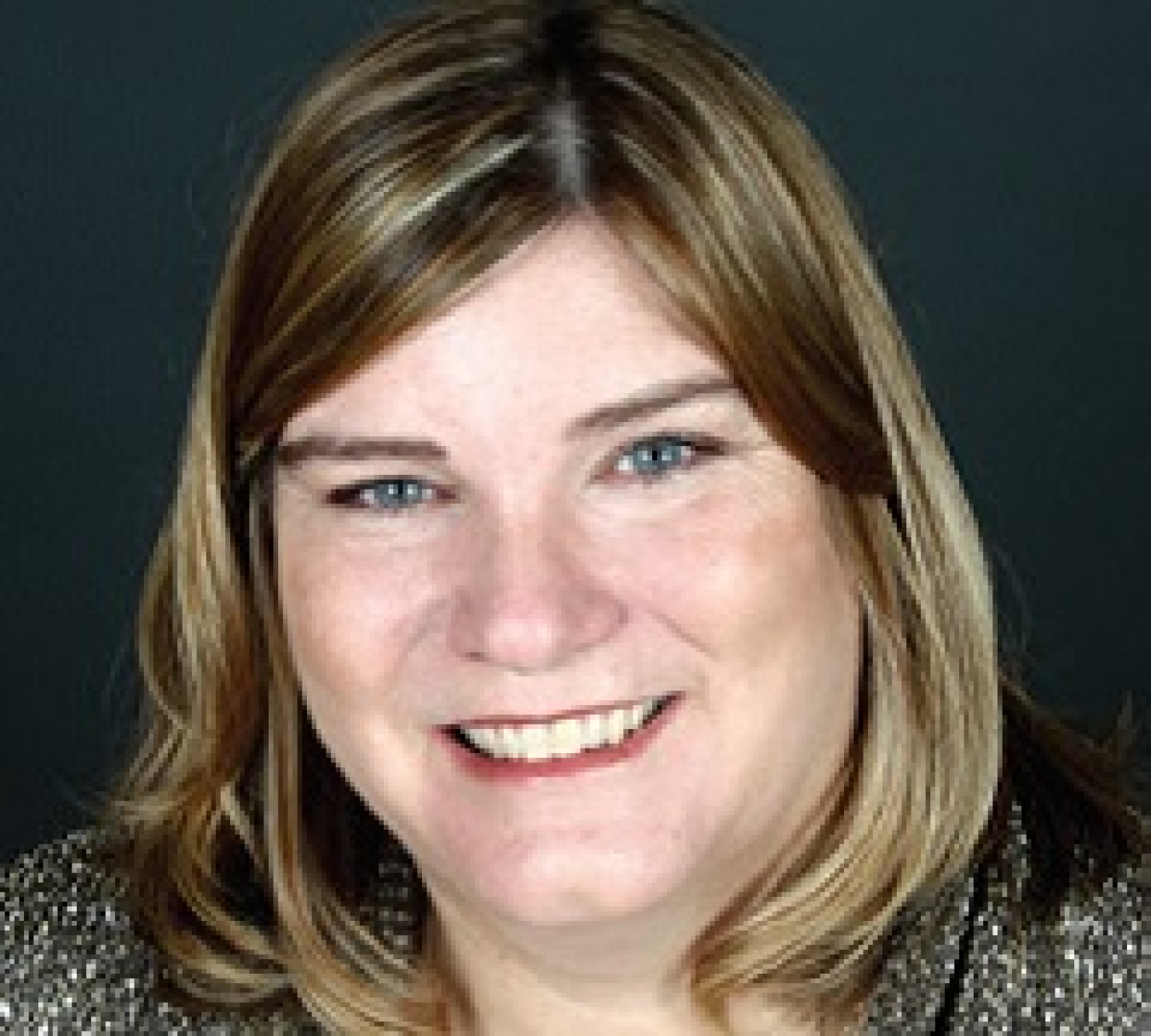
Karen Conover
Karen Conover is a vice president of DNV GL, a global leader in providing testing, certification, and advisory services to the renewable energy industry. She has more than 30 years of international experience in wind and other renewable energy technologies, helping clients with development, technology, and operational challenges. She founded and served as CEO of Global Energy Concepts, and after its acquisition by DNV in 2008, she became DNV’s global segment director for wind energy. In 2011, Conover was appointed as vice president and the company became DNV GL after a merger in 2013.
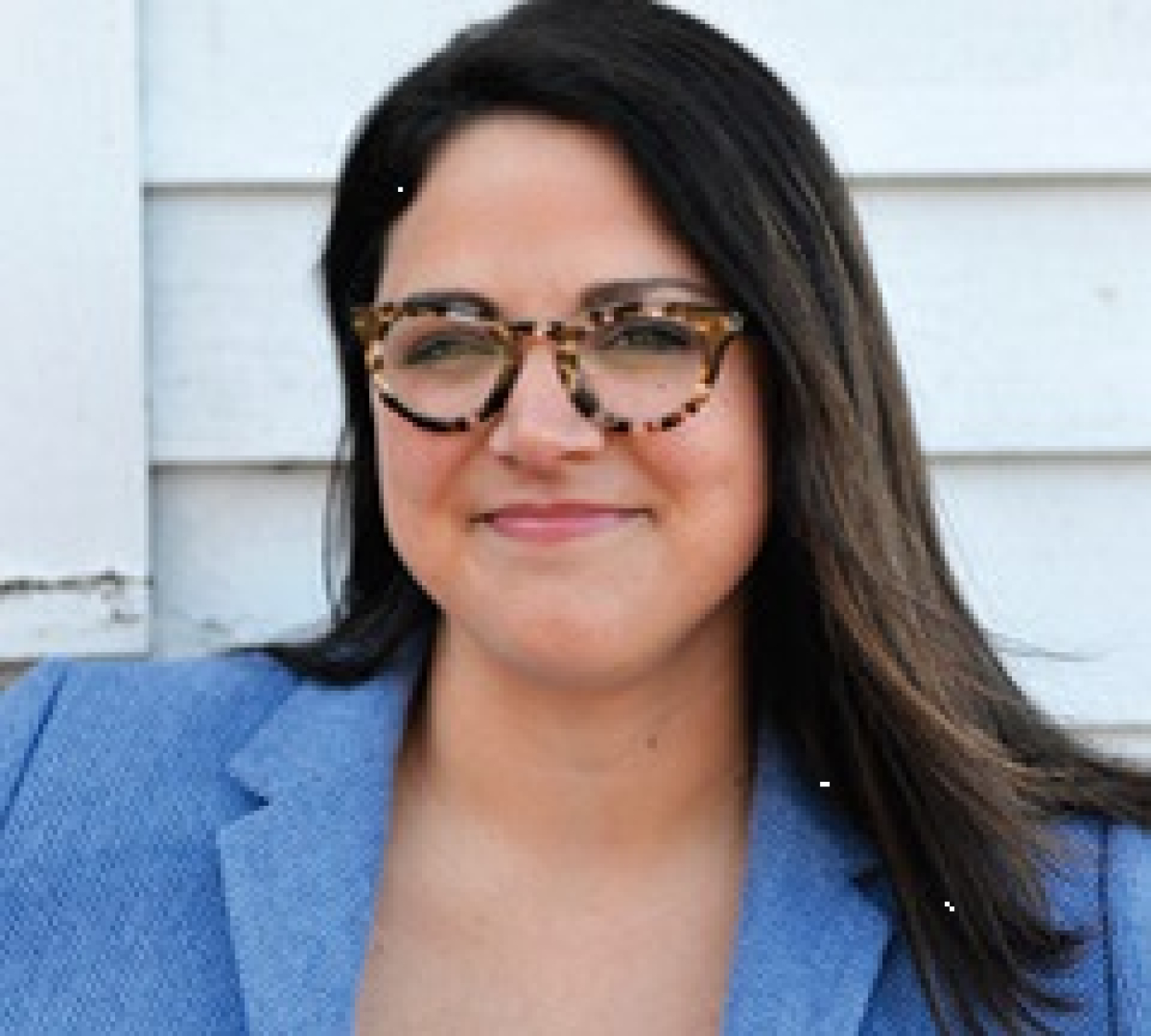
Maggie Yancey
Maggie Yancey works in DOE’s Wind Energy Technologies Office supporting the Market Acceleration and Deployment team and leads wind energy stakeholder engagement efforts. She came to DOE as a Presidential Management Fellow in 2015. Maggie supported the National Aeronautics Space Administration’s (NASA) Space Technology Mission Directorate, where she spearheaded new initiatives for the agency’s Small Business Innovation and Research program. Before starting at DOE, Maggie organized water campaigns for the National Wildlife Federation, including the landmark Clean Water Rule, and the historic BP Deep Water Horizon Oil Spill settlement. Her experience in nonprofit, private sector, and government informs her expertise in renewable energy technology innovation and public engagement.
Technical Design Judges
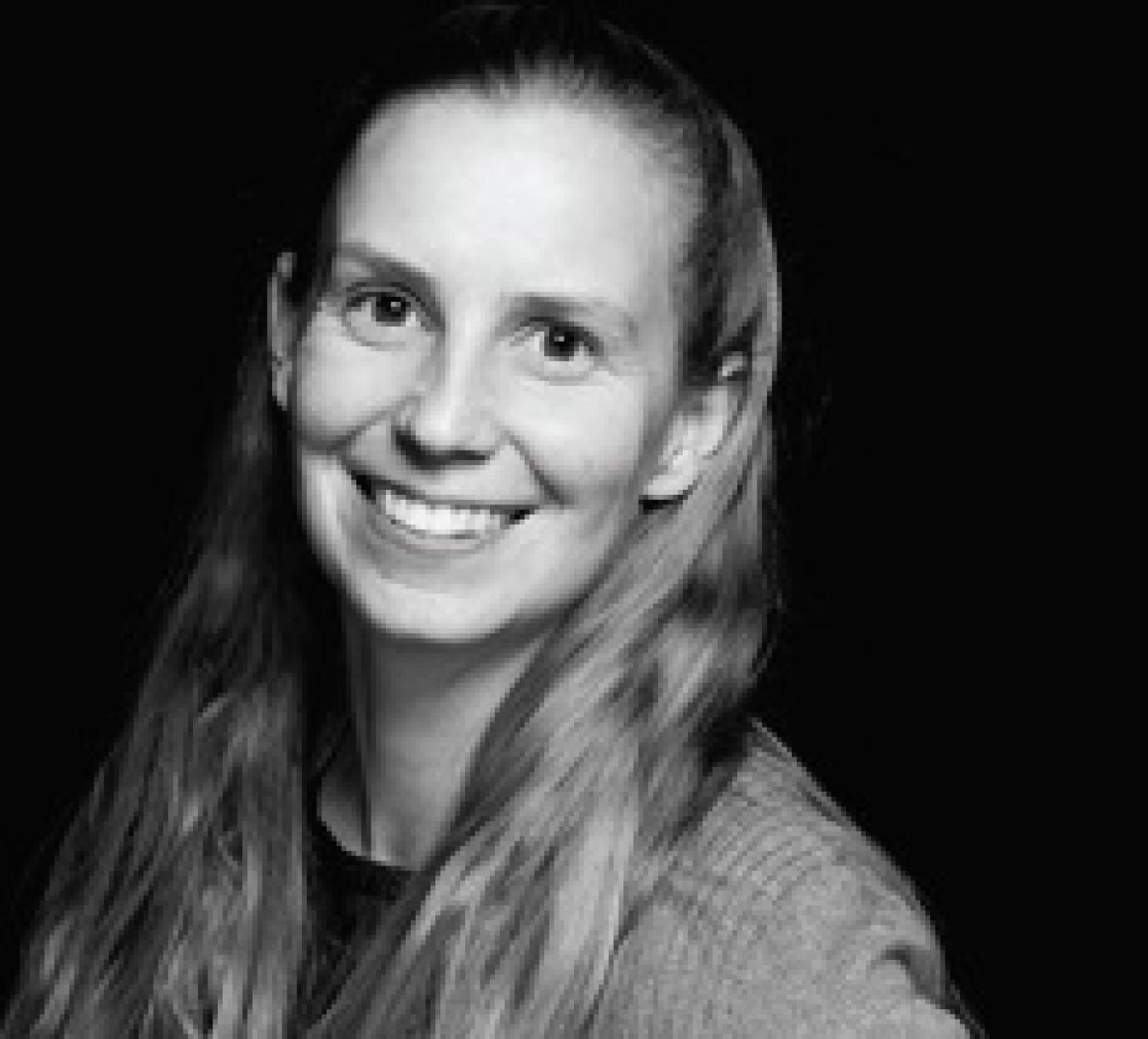
Katherine Dykes
Katherine Dykes led an initiative for systems engineering methods applied to wind energy at NREL from 2011 to 2019. The project is undergoing initial development and involves integrating engineering and cost-based analysis tools to analyze overall wind energy system performance. Dykes’ Ph.D. work in systems engineering involved understanding innovation and diffusion of wind energy technology. Her background in wind energy began while working as a wind program analyst for Green Energy Ohio in 2005 and as a data analyst for The Renaissance Group. In addition to wind energy, Dykes has worked as a system dynamics consultant to IBM’s Smarter Cities Marketing Insights 2.0 initiative, a data quality analyst at EnerNOC for their demand management program, and as a controls engineer for General Motors’ Hybrid Vehicle Program. Dykes holds a Ph.D. from Massachusetts Institute of Technology. She received a master’s degree in electrical engineering and a master’s degree AED in economics from The Ohio State University. Prior to that, she received a bachelor’s degree in electrical engineering and a bachelor’s degree in economics from the University of Pennsylvania.
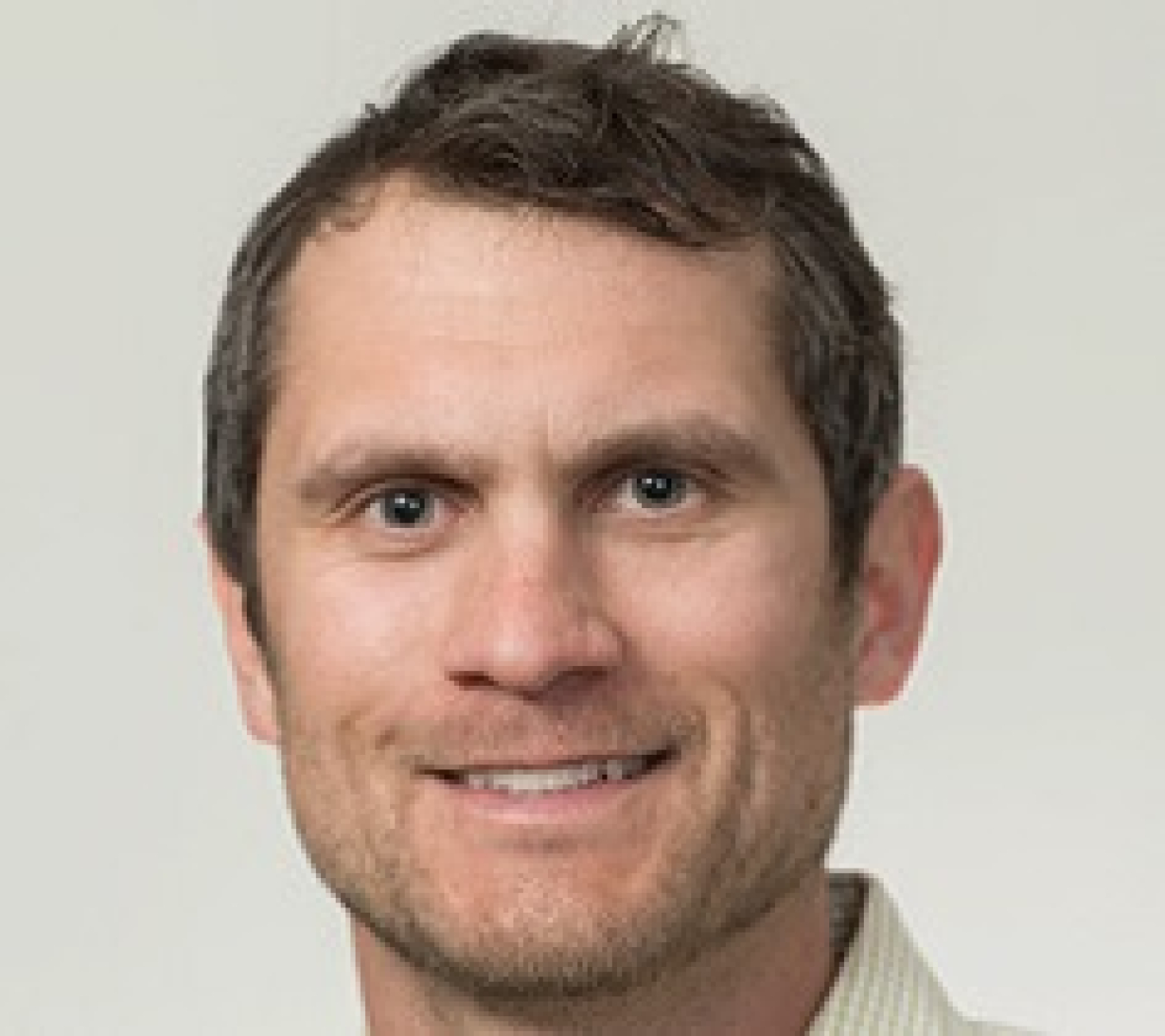
Scott Johnson
Scott Johnson graduated with a mechanical engineering degree from Colorado State University in 2005 and received his master’s degree in mechanical and aeronautical engineering from the University of California, Davis in 2008. His master’s work focused on wind energy research which included active flow control, wind tunnel model design, and implementation of advanced controls using NREL’s FAST (Fatigue, Aerodynamics, Structures, and Turbulence) Aeroelastic code. He has been working for Siemens Gamesa Renewable Energy (formerly Siemens Wind Power) for the past 8 years, primarily as a loads engineer. His current position is chief engineer for new blade designs.
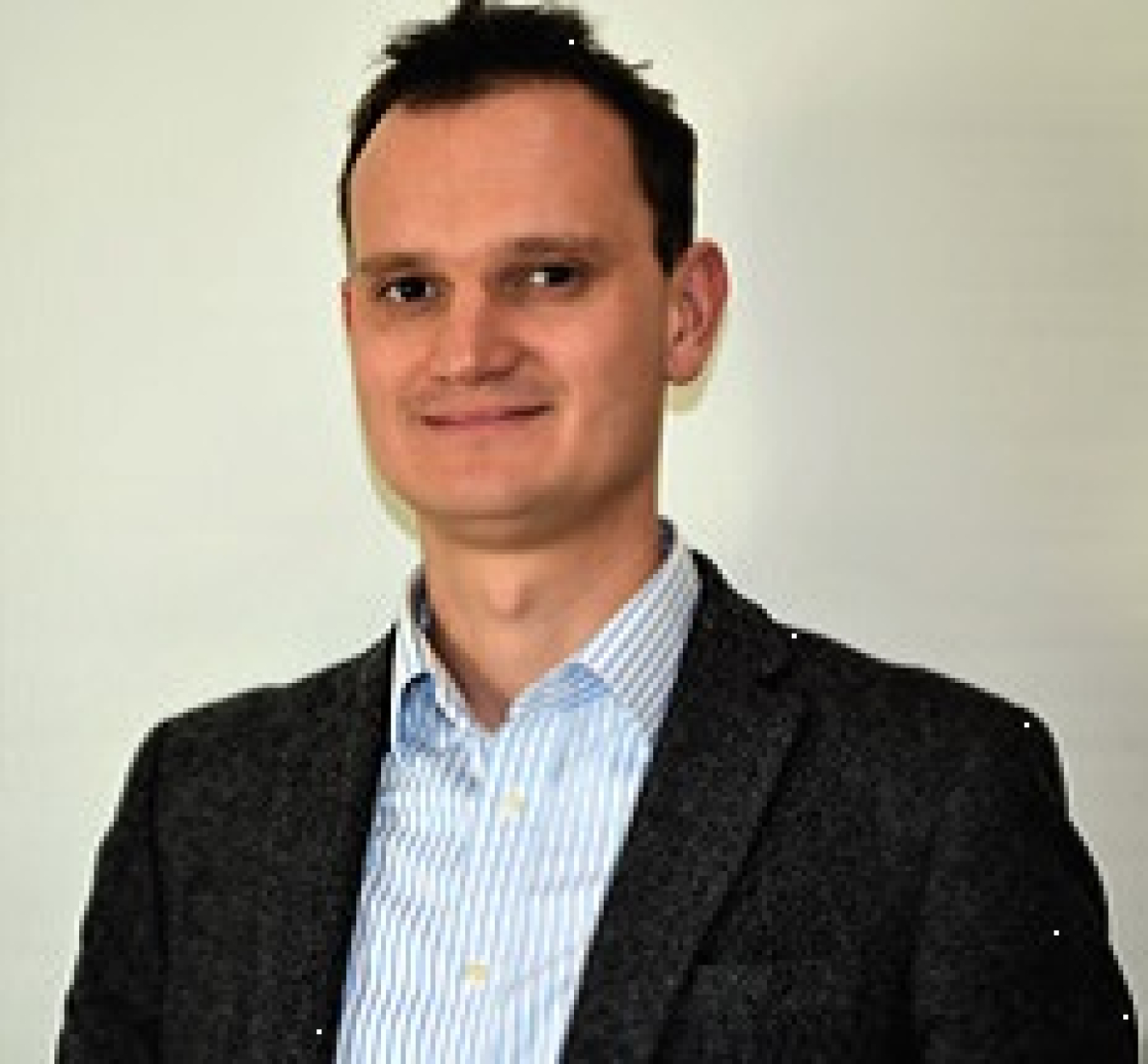
Antoine Pfeiffer
Antoine Pfeiffer is a passionate advocate for offshore floating wind turbines. In 2009, he joined the engineering team of Principle Power Inc., an innovative technology and services provider for the off shore deep-water wind energy sector. Pfeiffer worked on Principle Power’s WindFloat technology development for nearly a decade, as the lead engineer for the aero-hydro group of the company. In his new role at Principle Power, he aims to accelerate the commercialization of the WindFloat technology around the world by developing and executing global market entry strategies.
Siting Challenge Judges
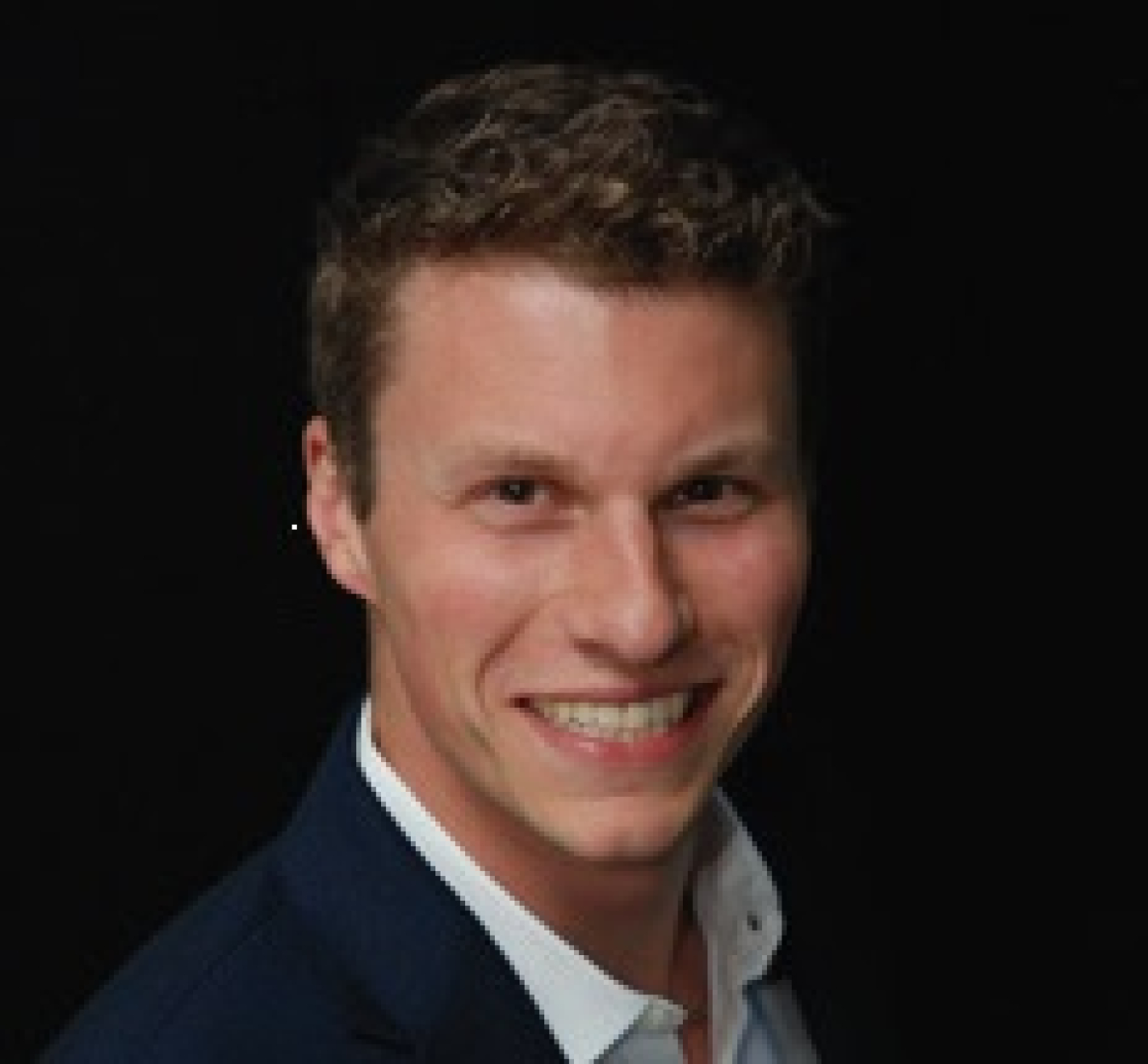
Connor Kobeski
Connor Kobeski leads the Wind Development Project Engineering team for Invenergy LLC, North America’s largest independent, privately held renewable energy provider. Invenergy has developed more than 18,000 megawatts of power globally and currently has more than 100 projects in operation or development. Kobeski has worked in the Invenergy project engineering group since 2014. In his current role, Kobeski manages a team of engineers invested in the day-to-day development of utility-scale wind farms with focus on resource assessment, technology selection, turbine siting, and facility design. This involves implementing metrological data collection campaigns; analyzing and forecasting long-term wind resource regimes; assessing noise and shadow flicker; mitigating turbine impacts to wildlife, radar, and aviation; performing geotechnical investigations; and evaluating wind turbine specifications to lower the cost of energy. Kobeski’s team works on Invenergy’s development portfolio of advanced-stage projects in Canada, Europe, Latin America, Japan, and across the United States, including the 2,000-megawatts Wind Catcher project, which when completed will be the largest wind farm in the United States and second largest in the world.
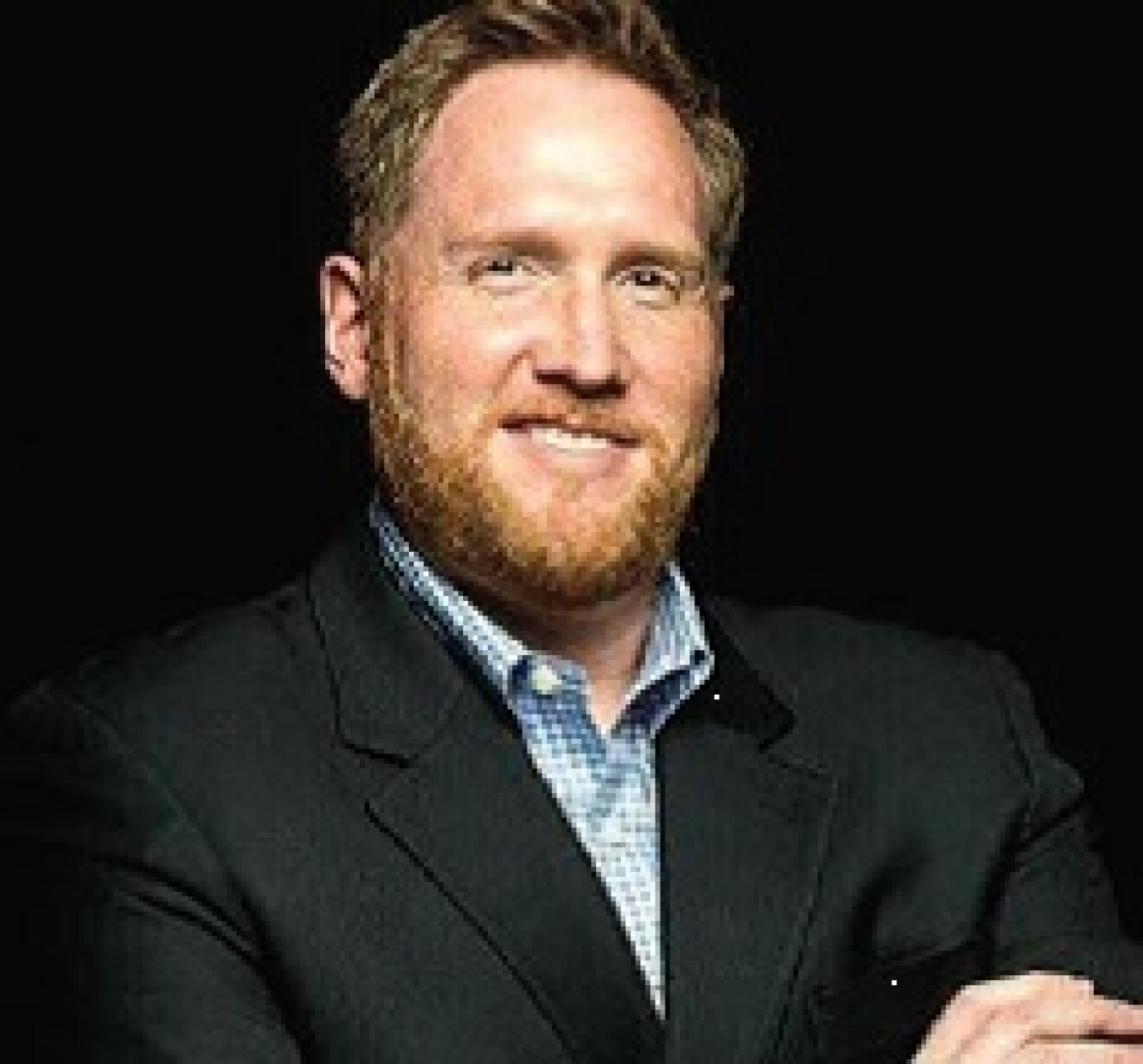
John Anderson
John M. Anderson is a seasoned professional with more than 25 years of experience. In his current role, Anderson serves as senior policy advisor for the Environmental and Land Use and Public Policy practice groups of the law firm Nossaman, LLP. In this capacity, Anderson provides strategic advice to clients on environmental, energy, and natural resource issues before local, state, and federal regulatory and legislative bodies. He also guides clients in addressing permitting and policy issues associated with the development of energy and other large-scale infrastructure projects. Prior to joining Nossaman, for more than 6 years Anderson served as the senior director, permitting policy and environmental affairs for AWEA where he led the industry in addressing policy issues associated with wildlife, environmental, and nonenvironmental impacts as they relate to the siting and operation of wind farms in the landscape.

